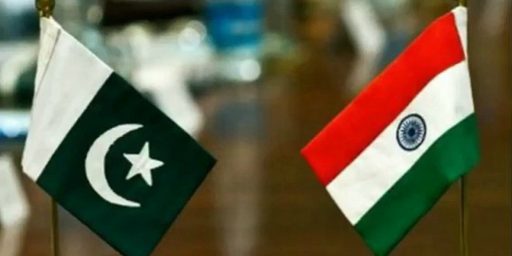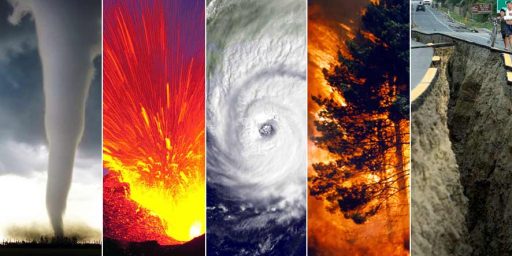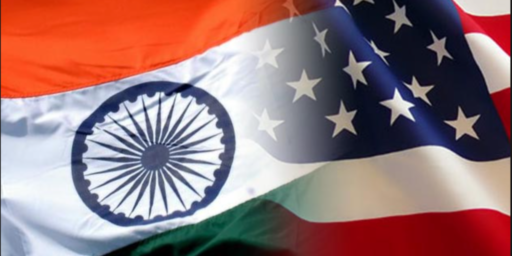India Emerges
With the supposedly “stingy” response of affluent nations occupying the media’s attention during the tsunami relief efforts, other issues have been sidelined. For instance, what have developing countries done? The Washington Post provides one answer by looking at Indian contributions:
India Takes Major Role In Sri Lanka Relief Effort
Those trends [economic liberalization, improved relations with the United States, and transformation into a donor nation] converged in shaping India’s response to the tsunami. Although the waves caused immense damage to coastal areas in India, where more than 10,000 people died, the Indian government not only turned down offers of outside assistance but also dispatched ships and aid to Sri Lanka and the nearby Maldives, as well as to Indonesia. In addition, it has pledged $23 million for reconstruction in Sri Lanka.
“There was a spontaneous desire on the part of India to help,” said Nirupama Rao, the Indian ambassador to Sri Lanka, who had been vacationing in India when she received a telephoned plea for assistance from Sri Lankan Prime Minister Mahinda Rajapakse within hours of the disaster. Moreover, Rao added, “We had the resources and the capability to effect that kind of response.”
The Indian government’s response to the disaster on its own soil, by most accounts, was reasonably effective, particularly in Tamil Nadu state, which suffered the largest number of Indian casualties. By the second day of the disaster, the army was busy collecting bodies, running medical camps and building shelters. The military also has played a big role in the heavily damaged — and strategically sensitive — Andaman and Nicobar Islands, although Indian authorities have been criticized for barring foreign relief organizations from the area on security grounds.
The Post characterizes these actions as assertions of geopolitical power. One might think that regional rivals, especially Pakistan, would be alarmed, since the military is involved. But, apparently, the response has been decent:
In a reflection of India’s warming relations with the United States, both governments agreed after high-level contacts — including a Dec. 29 conversation between Secretary of State Colin L. Powell and Indian Foreign Minister Natwar Singh — to pool their military assets with those of Australia and Japan in response to the disaster.
Although coordination of relief efforts was subsequently ceded to the United Nations, India and its partners in the aid operation have continued to coordinate closely. Berry, the Indian defense attaché, has been holding daily meetings with his American counterpart as well as defense attaches from other countries involved in the relief effort, including, on occasion, Pakistan, which has sent medical specialists and other forms of assistance to Sri Lanka.
Even if the Pakistanis are concerned, it would probably be ill-advised for them to express much criticism. After all, the tsunami did reach India, so it’s fully invested in everyone’s recovery. At any rate, the article is generally encouraging.





